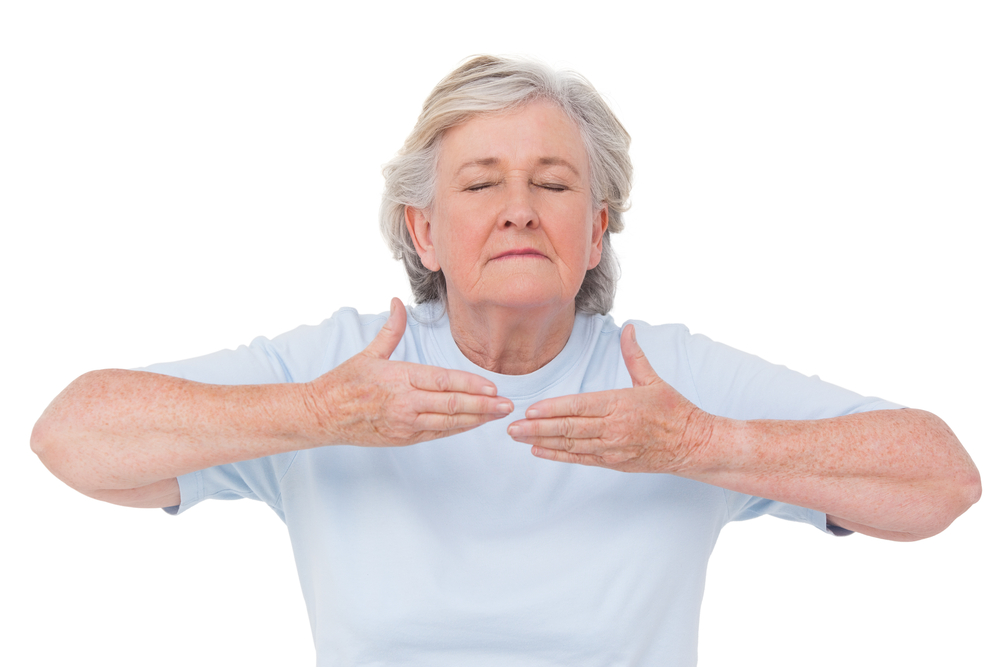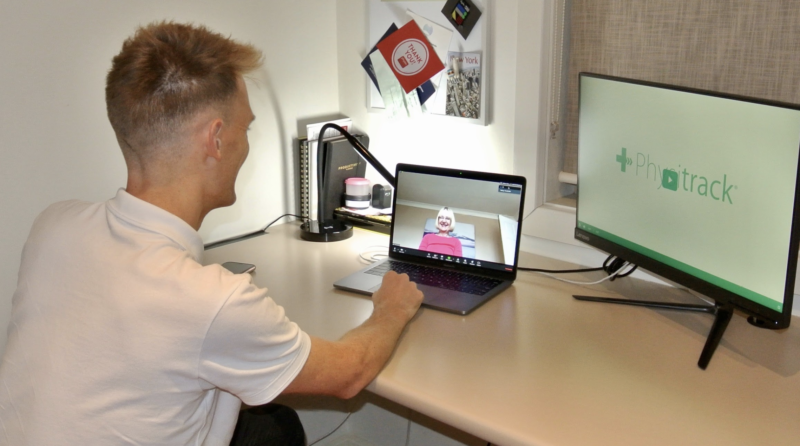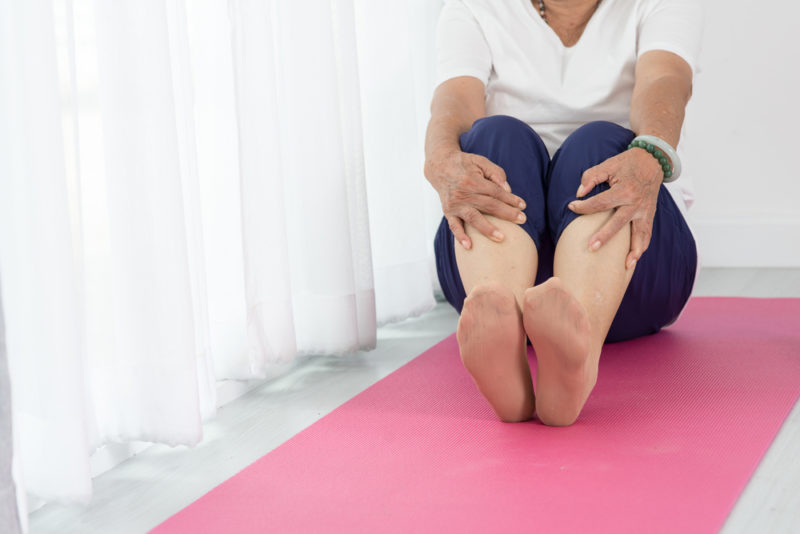The 10 ways Australian seniors can stay healthy during self-isolation
The coronavirus pandemic has upended our world.
We are now staying in our homes more than ever and limiting where we go. As such, it has become more challenging to maintain our general health as our usual outings have become restricted and our routines changed dramatically.
Now is just as important, if not more than ever, to take care of our physical and mental health.
Our usual visits to the clubs, cafes, restaurants, the malls, the parks or even to the local store to buy groceries have all been limited or completely restricted. At time of writing, we can’t visit friends or hold family gatherings, the results of which potentially have physical and mental implications on our wellbeing.
With this in mind, now is the time to get creative with activities that boost our physical and mental health so that when the pandemic passes, we can get straight back to doing the things we love! Here are some tips:
1. Walk regularly
Although we are allowed to leave the house for exercise, vulnerable groups including those aged over 70 years old are still encouraged to stay home. Despite being confined to your home, there are many opportunities to walk within the house. Get up and go to the kitchen frequently or set up a walking path where you have to walk to each window in each room of the house several times. Set a timer or watch the clock and walk around the house for 10 or 15 minutes before sitting for a rest. Repeat this until you’ve built up 30 minutes or more on your feet. If you are blessed with a front yard or a back yard, then make use of them and do a few laps there.
2. Show Gratitude
Keeping an open mind and positive perspective during this global health crisis is important. If we are sitting in our homes, have access to food and water, and are reading this article, then we have a lot to be grateful for. Develop a habit of writing one thing down that you are grateful for each day to remind yourself of what you are blessed with. Start with small things first and perhaps build those grateful thoughts to bigger things that you can thank others for. Showing and sharing gratitude is a great way to make yourself and others feel better. It only costs you a moment of time and can have an incredible positive impact on your mind.

3. Avoid sitting or sleeping for too long
I know its difficult to get up when you are watching your favourite movie or reading an interesting book, but make sure you get up every 30 minutes at least to change posture and move to avoid aches and pains in the neck and back. An easy functional exercise to incorporate in your day is to stand up from a chair and sit back down a few times repeatedly. It’s a great little exercise!
4. Climb Stairs
Stair climbing is also a great functional exercise. It helps to strengthen the leg muscles and is also a good cardio exercise if performed repeatedly. If you do not have access to a staircase but you have one step leading in or out of your house for instance, then you can step up and down a single step repeatedly as a form of exercise. You can check with your physiotherapist if this exercise is right for you, or how to exercise the same muscles if you don’t have steps at home.
5. Develop a routine
Often when we are home, we don’t plan much and eventually end up being less productive throughout the day. If it was part of your routine to go out to the club every Tuesday afternoon, replace it with something that you enjoy doing. Make a weekly schedule, write it down and reward yourself when you are able to stick to it. Dedicate at least an hour of your day to something active.
6. Have an exercise program that you complete regularly
Have your physiotherapist devise an exercise program for you according to the resources that you have available at home. The Physio Co can help you with this either by visiting you at home or via our online consults.

7. Learn something new
You are never too old to learn something new! Start a creative hobby that you always wanted to, learn to cook something you have never made before or perhaps learn a new form of exercise, like Pilates, Tai Chi or dance. Maybe it’s time to develop your skills with technology, like how to operate a smartphone, iPad or laptop. You might find it will open up a world of opportunities for you, connect you with friends and family and enable you to learn new skills.
8. Embrace technology
The COVID-19 situation has made online services a norm in society today. Technology is not as scary as it sounds, once you know the drill, you can learn anything online! There are exercise classes running online, as well as health services, including The Physio Co’s virtual physiotherapy consults, so don’t let being isolated negatively impact your health. There are still ways to get help and stay active via technology. Technology is also a very useful way to stay connected to your loved ones, which is important for your mental wellbeing as well as that of your loved ones.
9. Give meditation a go
Close your eyes, connect with your thoughts and calm your mind. Meditation is not easy as our minds are often filled with thoughts and worries that are distracting and difficult to ignore, but the idea of meditation is to let the thoughts come and go in a relaxed state. Be kind to yourself!
10. Take a deep breath
Last but not least, do some deep breathing exercises. Simple breathing exercises are quite helpful in keeping the lungs healthy and they also help us to manage anxiety. Just take a deep breath and try to relax your whole body and mind on the breath out. Remember, better days are ahead!

The Physio Co is here to help you stay active during this difficult time. Our caring physios are available to visit you wherever you call home, or if you’d prefer an online consult, we can help, even if you’re confined to your room or house as a result of self-isolation. Contact us today and let our friendly team support you.
Article written by Kruti Kapadia (Physiotherapist)



 1300 797 793
1300 797 793